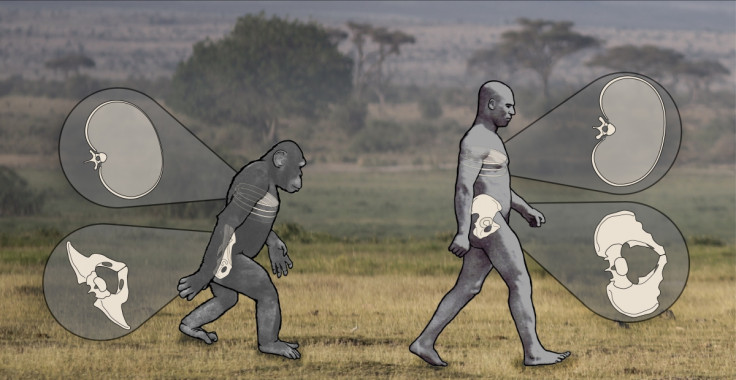Obesity in humans linked to fat gene in prehistoric apes

A genetic mutation in extinct European apes that enabled them to convert fruit sugar into fat could be a cause of the modern obesity epidemic and diabetes, according to scientists. Fossil evidence reveals that apes living around 16 million years ago, in what was then subtropical Europe, began to suffer as global cooling subsequently changed the forest, making the fruit they ate scarce.
Experts suggest that a mutation in the uricase gene which helps to convert fruit sugar (fructose) occurred around 15 million years ago. This aided apes in adding on fat layers so they could survive famines and harsh winters.
Persistence of the same mutation in all modern great apes and all modern humans, along with the fossil evidence, suggests that the now extinct European apes evolved into today's great apes and the earliest hominids.
Scientists have spent decades researching the genetic causes of obesity which is rarely found in other animals – apart from domesticated pets. The latest research focuses on fructose: a sugar which breaks down to form uric acid in the blood, according to a Sunday Times report.
The Western diet contains so much uric acid that it cannot be removed quickly enough, but triggers liver cells to turn fructose into fat, with the effect of humans adding on extra weight. The uricase mutation predisposes humans to obesity and diabetes in modern times. The results suggest a need to eat and drink much less fructose to fight obesity and prevent its dangerous complications.
"The gene enables uric acid levels to spike in response to two types of food," wrote Peter Andrews, professor of anthropology at University College London in Scientific American, co-authored with Richard Johnson, a professor of medicine in the US. "Those like beer that produce a lot of uric acid [directly] and those that contain a lot of fructose. These include honey and processed food that are high in table sugar or high-fructose corn syrup. When uric acid spikes we become susceptible to obesity and diabetes."
Obesity is considered as one of the biggest public health challenges of the century. Statistics show that it is affecting more than 500 million people worldwide. In the US alone, obesity costs at least $200 billion each year.
This medical condition also contributes to potentially fatal disorders such as cancer, type 2 diabetes and cardiovascular disease.
© Copyright IBTimes 2025. All rights reserved.






















